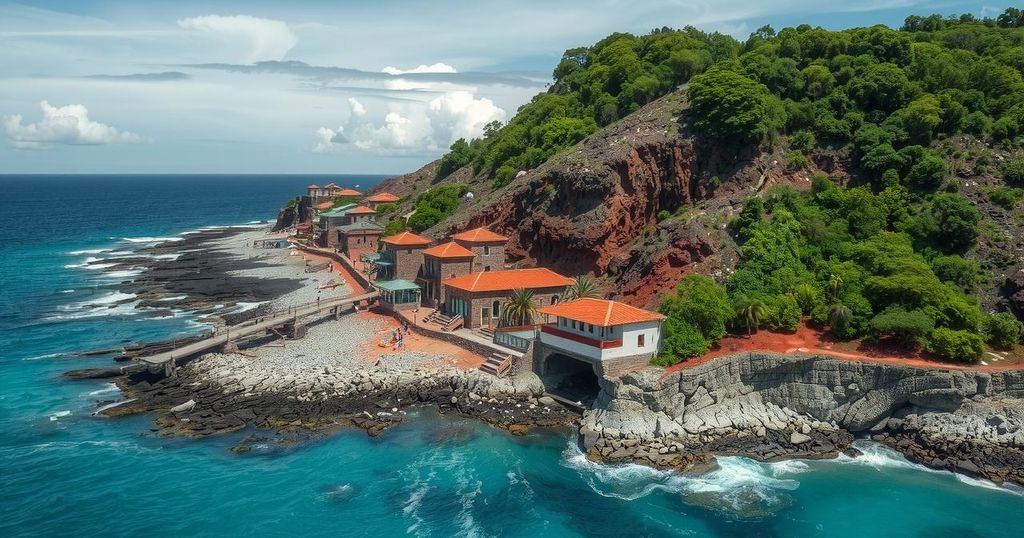Mayotte’s Struggle Against Climate Change: A Call for Equity and Resilience
Mayotte is grappling with the severe impacts of climate change, particularly highlighted by Cyclone Chido. Dr. Charlie Gardner argues that the region faces significant inequalities that complicate recovery efforts. Addressing these social injustices is essential for fulfilling climate resilience and ensuring support for the affected communities.
The archipelago of Mayotte, located off the east coast of Africa, faces unprecedented challenges due to climate change, epitomized by the devastating impacts of Cyclone Chido. This cyclone not only caused immense physical damage to the islands but also highlighted the existing inequalities faced by its inhabitants. During a recent interview, Dr. Charlie Gardner, a conservation scientist and professor at the University of Kent, emphasized that the challenges posed by climate change disproportionately affect marginalized communities in regions like Mayotte. Addressing these disparities is crucial for resilience in the face of future climate-related disasters.
Mayotte has been increasingly vulnerable to extreme weather events as climate change continues to escalate. The recent devastation from Cyclone Chido serves as a stark reminder of the urgent need to address climate resilience, particularly for those who are most affected. The social, economic, and environmental inequalities present in Mayotte complicate recovery efforts and require comprehensive strategies that integrate both climate action and social equity. Dr. Gardner’s insights shed light on the critical intersection of environmental challenges and social justice in the context of climate change.
In conclusion, the situation in Mayotte underscores the urgent need for equitable climate action that addresses both environmental degradation and social injustice. The testimony of Dr. Charlie Gardner serves as a pivotal reminder that vulnerable communities require immediate and sustained support to adapt and mitigate the impacts of climate change. Moving forward, a holistic approach that prioritizes both ecological and social sustainability will be essential for building resilience against future climate threats.
Original Source: www.france24.com




Post Comment